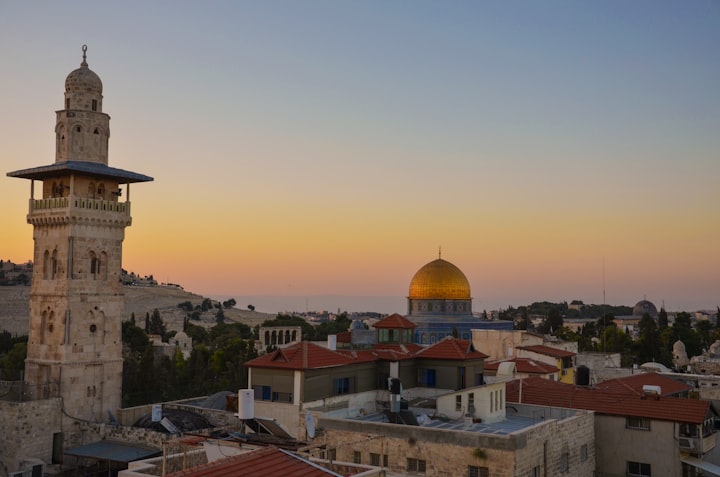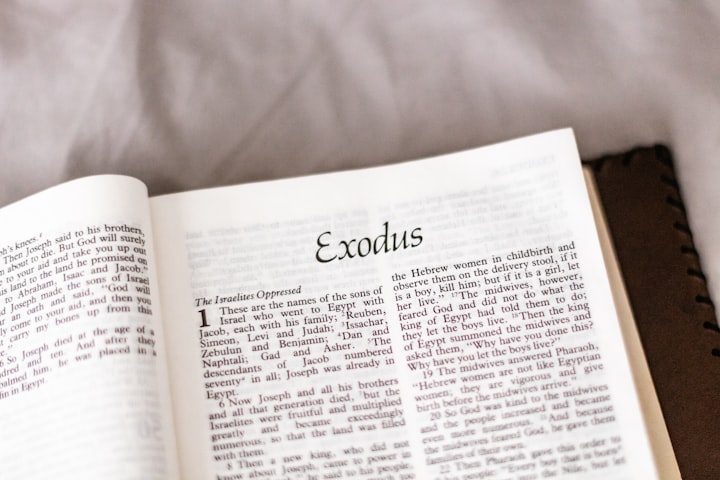Who was the god of the Canaanites?
Who was the god of Israel in the city of the Canaanites?

In Canaanite mythology, the supreme god was called El or Il. He was considered the father of all gods and ruled over the Canaanite pantheon. Il was associated with the sky and the storm, and was considered the lord of the universe. In addition to El, there were other important gods in Canaanite religion, such as Baal, Astarte, and Anat, who played distinct roles in the mythology and religious practices of the ancient Canaanite people.
The main god of the Canaanites was called Baal. Baal was an important in ancient Canaanite religion and was considered the god of weather, thunder, rain, and fertility. He was often portrayed as a warrior god and associated with the power and fertility of the earth. The Canaanites believed that Baal controlled the cycle of the seasons, bringing rain to the land and ensuring a good harvest. Baal was worshiped through rituals and wishes, and his temples were found in many Canaanite cities.
The Canaanites also worshipped other gods besides Baal. Among them was El, who was considered the supreme god and father of all gods; Asherah, the mother goddess and consort of El; and Anat, a goddess associated with war and hunting. In addition to these, there were many other minor gods who played specific roles in Canaanite mythology.
The worship of the Canaanite gods was performed in temples, where priests and priestesses conducted rituals and offered rewards to obtain divine blessings. It is believed that the Canaanites also believed in the existence of spirits and supernatural beings, who inhabited both nature and the world of the dead.
It is worth noting that the religious beliefs of the Canaanites were influenced by various cultures and peoples with whom they had contact throughout history. Therefore, it is possible to find variations in the religious practices and the designs worshiped by the Canaanites, depending on the region and the time period in question.
The location of the city of the Canaanites
The city of the Canaanites was a civilization that mainly occupied the region known as Canaan, located in the area corresponding to the present-day territories of Israel, Palestine, Lebanon, and parts of Syria and Jordan. Ancient Canaan was situated on the eastern shore of the Mediterranean Sea and was a strategically important region, serving as a crucial trade route between Egypt, Mesopotamia, and other regions of the Middle East.
Within Canaanite territory, there were several independent city-states, such as Ugarit, Sidon, Tyre, Byblos and Jericho, which were important urban and cultural centers. Each city-state had its own political and economic organization, but they shared a common culture and had commercial and cultural contact with each other.
Canaan's geographical location, with its favorable climate and fertile land, allowed the Canaanites to engage in agriculture, growing grain, grapes and olives. In addition, Canaan was also a strategic point for maritime trade, which contributed to the region's economic economy.
Who were the Canaanites in the old Bible?
The Canaanites were an ancient people who inhabited the region of Canaan, located in the geographical area corresponding to present-day Palestine, Lebanon, Israel, Jordan, and part of Syria. In the Bible, they are mentioned in several books such as Genesis, Exodus, Numbers, Joshua, and Judges.
The Canaanites were known as a pagan people who worshipped various gods and goddesses, and their religious practices involved rituals and sacrifices. In the biblical narrative, they are portrayed as enemies of the Israelites, who sought to take possession of the land promised by God to the descendants of Abraham. The book of Exodus relates the deliverance of the Israelites from slavery in Egypt and their journey to Canaan, where they faced the Canaanites and other peoples.
The Israelites' conquest of the promised land involved several battles and conflicts with the Canaanites. The book of Joshua describes the division of the land among the twelve tribes of Israel after Moses' death, and the military campaign led by Joshua to conquer the Canaanite cities. This conquest is known as the Conquest of Canaan.
The Canaanites were an agricultural society, with several independent city-states. They were also known for their skills in navigation and trade, establishing trade routes along the Mediterranean Sea. However, with the advance of the Israelites and other neighboring peoples, the Canaanite culture eventually blended and dissipated over time.
After the Israelites conquered Canaan, the influence of the Canaanites decreased significantly. Many Canaanites were killed or driven from their land, while others mingled with the Israelites and adopted their culture and religion. Some surviving Canaanites were assimilated by neighboring societies, such as the Phoenicians and the Philistines.
The Bible also portrays the Canaanites as a people who practiced idol worship and engaged in immoral practices, which was condemned by the Israelites. This negative view of the Canaanites is present in many biblical passages, where they are portrayed as enemies of God and the Israelites.
It is important to note that the depiction of the Canaanites in the Bible is a specific perspective of the writers and the Israelite culture of the time. The negative view of the Canaanites can be attributed to the historical context and the tensions between the Israelites and the neighboring peoples. It is always important to consider the biblical texts within their historical and cultural context.
Today, the Canaanites as a distinct ethnic group no longer exist. The Canaanite culture was gradually absorbed by other cultures over the centuries, and the Canaanite identity was lost over time. However, archaeological and historical studies continue to provide insights into the Canaanite civilization and its importance in the ancient history of the region.
About the Creator
Ricardo de Moura Pereira
I love to read writing and watch many documentaries in history, to have more knowledge in all science.
I work with digital marketing, and create articles for newspapers and marketing content.
Reader insights
Nice work
Very well written. Keep up the good work!
Top insights
Easy to read and follow
Well-structured & engaging content
Expert insights and opinions
Arguments were carefully researched and presented
Eye opening
Niche topic & fresh perspectives
Masterful proofreading
Zero grammar & spelling mistakes
On-point and relevant
Writing reflected the title & theme






Comments (1)
This was really interesting, thank you 😁